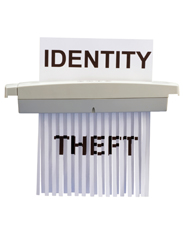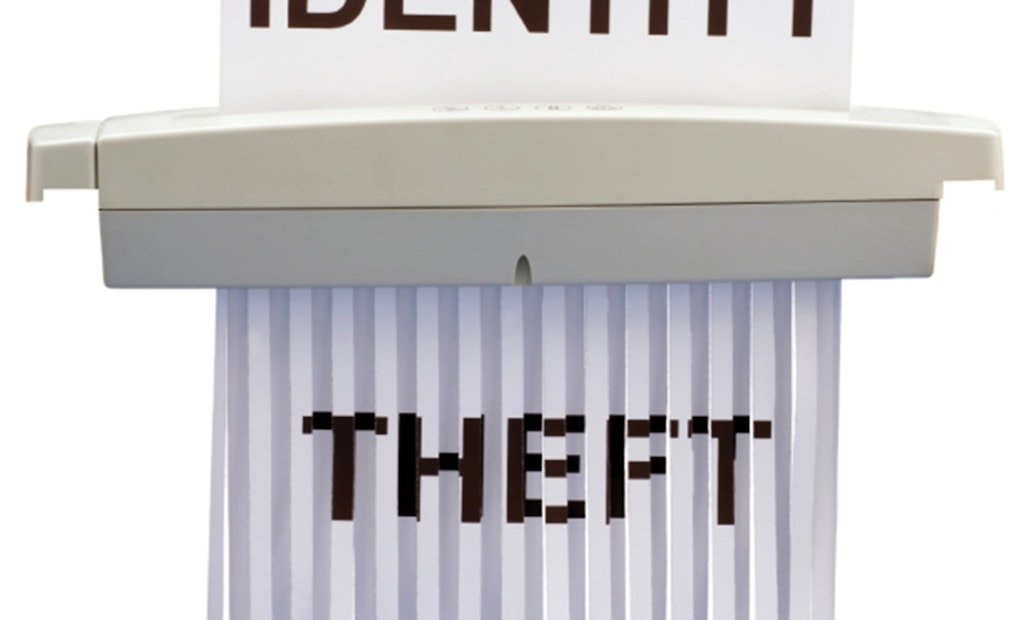You write the check for your credit card bill, toss the statement in the recycling bin, and put the check in your mailbox. You have just provided enough information for a crook to easily steal your identity.
 A little awareness, and a cheap shredder, can go a long way in protecting yourself from identity theft. The U.S. Department of Justice says more than 11.5 million people are victimized yearly with an average loss of nearly $5,000. Around 100 million people have had their information put at risk through the hacking of business and government databases.
A little awareness, and a cheap shredder, can go a long way in protecting yourself from identity theft. The U.S. Department of Justice says more than 11.5 million people are victimized yearly with an average loss of nearly $5,000. Around 100 million people have had their information put at risk through the hacking of business and government databases.
Check your credit report
Despite what you might see on TV commercials, there is only one way to check your credit report for free — www.annualcreditreport.com, a website sponsored by the three credit reporting agencies.
You can review your credit report from each company once a year — either all at the same time or one every four months, which will help you flag fraudulent accounts. Also look for credit inquiries you didn’t initiate, which can indicate someone trying to open an account in your name.
Protect your information
Do not use your mailbox for outgoing mail; put it in a Postal Service box or hand it to your mail carrier. You can buy a locking mailbox for as little as $60; the carrier can put mail in but nobody can remove it without a key. Recycling bins placed at the curb are another great source for crooks, so shred all mail that includes personal information, especially those pesky credit card offers.
You should have a copy of each credit and store card, along with phone numbers, so you can cancel them quickly. It’s also a good idea to store such important documents securely, such as in a fireproof safe or safe deposit box.
Other easy steps include reviewing account statements, using strong passwords, and not giving out personal information unless you are certain to whom you are speaking.
Scammers are getting more and more sophisticated. The old Nigerian prince scheme still works — racking up as much as $9 billion a year from the gullible who believe a stranger will share his millions. A long-running scam broken up by the Federal Trade Commission, however, involved charges ranging from 25 cents to $9 — so small that 94 percent of the transactions went undetected. The thieves racked up more than $10 million over four years.
If your identity is stolen
Call the credit bureaus, the creditors, the Federal Trade Commission, and your local police (you will probably need a police report). Keep a log of all of the calls, including the name of the person to whom you talked.
- Equifax: 800/525-6285
- Experian: 888/397-3742
- TransUnion: 800/680-7289
- FTC (Federal Trade Commission): 877/438-4338 (Also check their websites for online filing)
Place a fraud alert on your credit report. Creditors will then have to contact you personally to open or change accounts. It is good for 90 days and can be extended for up to seven years. Also change all passwords on existing accounts and notify your telephone providers and utility companies; thieves may try to get copies of those bills to use as address verification.
It can take weeks, if not years, to undo the damage from identity theft. Credit monitoring companies can help protect you for a monthly fee, but it still comes down to protecting yourself and your personal information.







